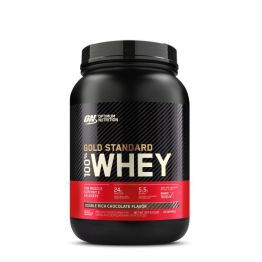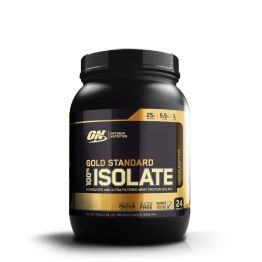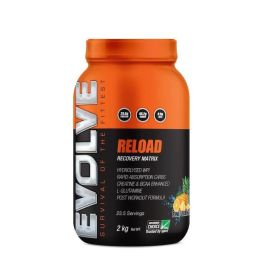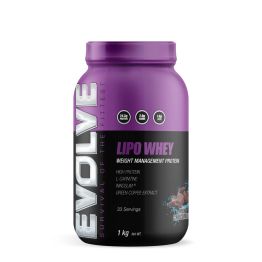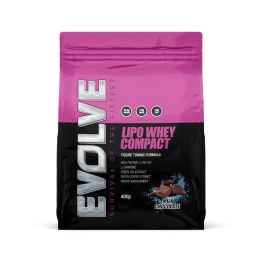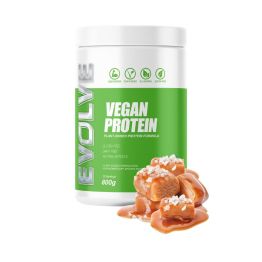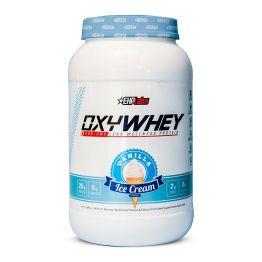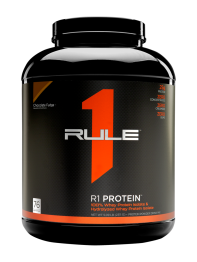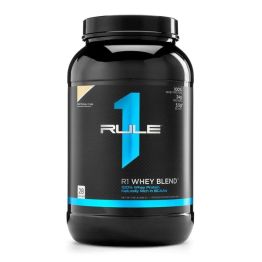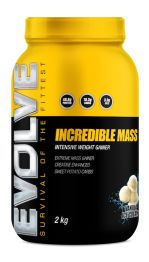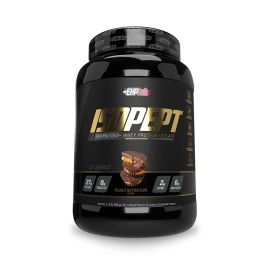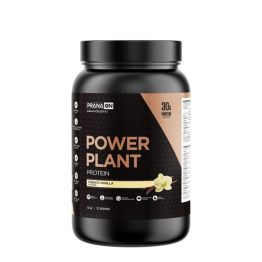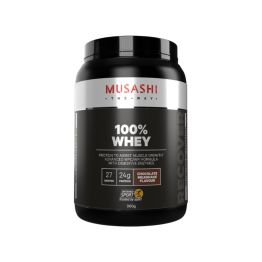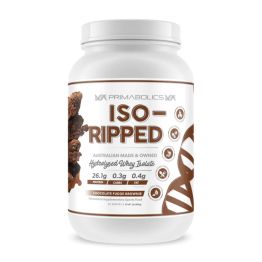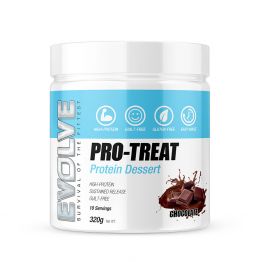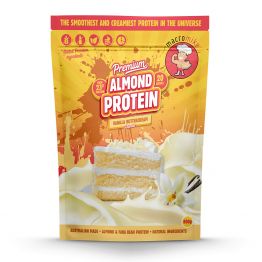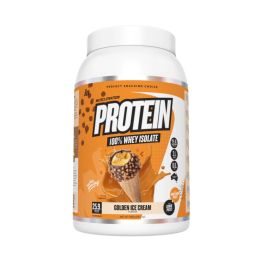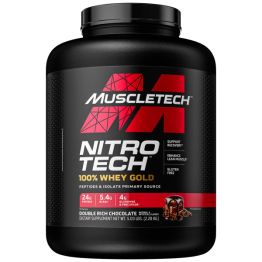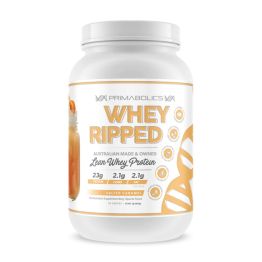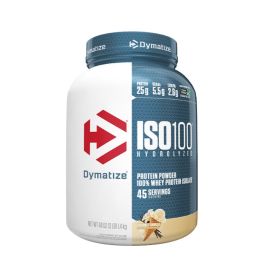Protein powder is a dietary supplement that is typically used by bodybuilders and other athletes to help them build muscle mass. Protein powder is usually made from whey, casein, or plant-based proteins, and often contains additional ingredients such as vitamins, minerals, and amino acids. Extremely versatile, protein powder can be mixed with water or milk to create a protein shake, or it can be added to other foods such as smoothies or pancakes for a delicious treat!
What are the benefits of protein powder?
Protein powder is a popular nutritional supplement that provides people with a concentrated source of protein. Protein is an essential macronutrient that is involved in numerous bodily functions, including muscle growth and repair, immune function, and the production of enzymes and hormones
(Cintineo, H et al. 2018).
Although the body can produce some of the amino acids it needs to create protein, there are nine essential amino acids that must be obtained through the diet. This is where a protein supplement can play an important role in obtaining these amino acids, supporting the body in protein synthesis
(Cintineo, H et al. 2018).
Cintineo, H et al. 2018, Effects of Protein Supplementation on performance and Recovery in Resistance and Endurance Training’, Frontiers in Nutrition, accessed on 11 Oct 2022, https://www.ncbi.nlm.nih.gov/pmc/articles/PMC6142015/
What are the side effects of protein powder?
Protein powder is a popular dietary supplement, often used by athletes and bodybuilders to help promote muscle growth. However, there are some potential side effects, especially for those with lactose intolerances when consuming whey proteins. The most common side effect of protein powder is gastrointestinal distress. This can include bloating, gas, cramps, and diarrhoea
(Malik, T et al. 2022). People with existing gastrointestinal issues may be more susceptible to these side effects.
Another potential side effect is weight gain when used not in conjunction with a balanced diet and exercise routine. However, this is often not the protein itself, but the added carbohydrates and fats in some protein blends, such as mass gainers for example.
Malik, T et al. 2022, ‘Lactose Intolerance’ StatPearls, accessed on 11 Oct 2022, https://www.ncbi.nlm.nih.gov/books/NBK532285/
How much protein powder should I take?
This is a difficult question to answer because it depends on a variety of factors, including your weight, your activity level, your muscle-building goals, and the type of protein powder you're taking. Generally speaking, most people need approximately 0.8 grams of protein per kilogram of body weight per day
(Cintineo, H et al. 2018). If you're highly active or trying to build muscle, you may need more.
Cintineo, H et al. 2018, Effects of Protein Supplementation on performance and Recovery in Resistance and Endurance Training’, Frontiers in Nutrition, accessed on 11 Oct 2022, https://www.ncbi.nlm.nih.gov/pmc/articles/PMC6142015/
When should I take protein powder?
There is no definitive answer to this question as it depends on a variety of individual factors. Some people may benefit from taking protein powder immediately after their workout, while others may find that taking it earlier in the day helps them to reach their daily protein goals. Ultimately, it is important to experiment and find what works best for you.
What are the different types of protein powder?
There are many different types of protein powder available on the market today. The most common types are whey, casein, and plant-based proteins such as hemp, soy, rice and pea.
Whey protein is a fast-acting protein that is absorbed rapidly by the body. It is a good choice for post-workout recovery or for people who are looking to build muscle mass. Whereas, casein protein is a slow-acting protein that is absorbed more slowly by the body, contributing to muscle growth and achieving your weight goals. If you’re looking for a plant-based protein, there are several options including pea, peanut, hemp or brown rice protein. These often contain a rich blend of amino acids, while being easily digested and high in fibre
(Overduin, J et al. 2015).
Overduin, J et al. 2015, ‘Nutralys pea protein: characterization of in vitro gastric digestion and in vivo gastrointestinal peptide responses relevant to satiety’, Food Nutr Res, accessed 11 Oct 2022,
https://pubmed.ncbi.nlm.nih.gov/25882536/
What are the best protein powders?
There are a lot of protein powders on the market, so it can be hard to decide which are the best protein powders for you. Rather than considering what the best protein powders are, consider your goals and food intolerances. Whether you are looking to build lean muscle mass or looking for a fast-digesting protein, the protein powder that is best for you will factor these into account.
How do I choose a protein powder?
There are a few things to consider when choosing a protein powder. The first is what kind of protein powder you want. There are whey, casein, and plant-based protein powders that all vary in formulation, ingredient profile and goal.
A few things to consider when choosing a protein powder will include the following:
What are your fitness goals?
Are you looking to build muscle mass, lose weight or both?
How much protein are you needing?
Do you have specific dietary requirements or preferences?
For example, whey protein is a fast-digesting protein that is good for post-workout recovery, whereas casein protein is a slow-digesting protein that is good for before bed or between meals
(Res, P et al. 2012). However, if you have dairy sensitivities, or are seeking a gut-friendly option, choosing a plant-based protein may be a great option, due to their generally higher levels of fibre
(Lanou, A et al. 2011).
Res, T et al. 2012, ‘Protein ingestion before sleep improves post-exercise overnight recovery’, Med Science Sports Exercise, accessed 11 Oct 2022, https://pubmed.ncbi.nlm.nih.gov/22330017/
Lanou, A et al. 2011, ‘Reduced cancer risk in vegetarians: an analysis of recent reports’, Cancer Management and Research, accessed 11 Oct 2022, https://www.ncbi.nlm.nih.gov/pmc/articles/PMC3048091/
What are the ingredients in protein powder?
Protein powder is a dietary supplement made from a variety of protein sources. The most common protein sources used in protein powder are whey, casein, soy, and egg. Protein powder can also be made from plant-based protein sources such as rice, peanut, pea, and hemp.
However, most protein supplements will contain various other macronutrients and ingredients that help to boost overall health and wellness. Common ingredients can include collagen, MCT oils, vitamins, minerals and amino acids.
There is no simple answer to this question as the safety of protein powder depends on a variety of factors, including the type of protein powder, the quality of the protein powder, how it is used, and the individual's own health and fitness goals. Generally speaking, protein powder is safe for most people when used in moderation and as part of a healthy diet and exercise program. We recommend always reading the label for any concerns about ingredients or allergens.
How is protein powder made?
Protein powder is generally made by extracting protein from sources like soybeans, eggs, or milk, and then drying and grinding it into a fine powder. The powder can be mixed with water, milk, or other liquids, and consumed as a shake, smoothie or used in baking.
How often should I take protein powder?
In determining how often you should take protein powder depends on a few variables. First, consider your goals. Are you trying to lose weight, gain muscle, or just maintain your current weight? Next, consider your activity level, as this will also play a role in how much protein you need. The general rule of thumb is that you should consume 0.8 grams of protein per kilogram of body weight.
How long does protein powder last?
Generally, when stored correctly many protein powders can last up to 9 months, or longer in cases of less humidity and other factors
(Tunick, M et al. 2016). However, it is always best to check the label for expiration dates and check for any signs of spoilage if you are concerned.
Tunick, M et al. 2016, ‘Physical and chemical changes in whey protein concentrate stored at elevated temperature and humidity’, J Dairy Sci, accessed 12 Oct 2022, https://pubmed.ncbi.nlm.nih.gov/26778305/
Who should use protein powder?
Protein powder is a dietary supplement that is most commonly used by athletes and bodybuilders. However, it can also be used by people who are looking to increase their protein intake, are needing a convenient protein source throughout the day or are looking to increase their lean muscle mass.
Who should not use protein powder?
While consuming protein powders is generally considered safe, there are a few groups of people who may want to avoid certain protein powders. Depending on the protein powder, these can include pregnant women, children, and people with kidney or liver problems. If you have any concerns it is recommended that you consult your healthcare professional to discuss if a protein powder is suitable for you.
Who benefits most from protein powder?
There are many different types of protein powders on the market, and each one has its own unique set of benefits, whether your goal is to lose weight, increase your lean muscle mass or improve your gut health.
However, there are some general benefits that all protein powders offer, and these are the ones that tend to benefit most people. One of these is that protein is an essential macronutrient that helps to maintain a healthy weight, build lean muscle mass, repair the body tissues and more
(Lonnie, M et al. 2018).
Lonnie, M et al. 2018, ‘Protein for Life: Review of Optimal Protein Intake, Sustainable Dietary Sources and the Effect on Appetite in Ageing Adults’, Nutrients, accessed 12 Oct 2022, https://www.ncbi.nlm.nih.gov/pmc/articles/PMC5872778/








